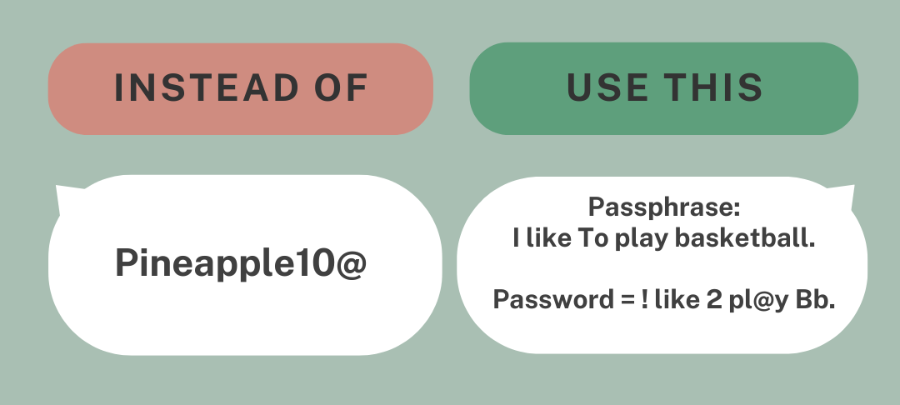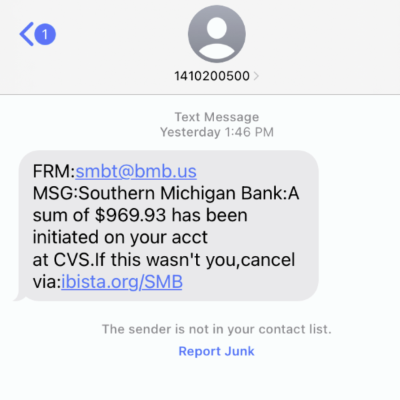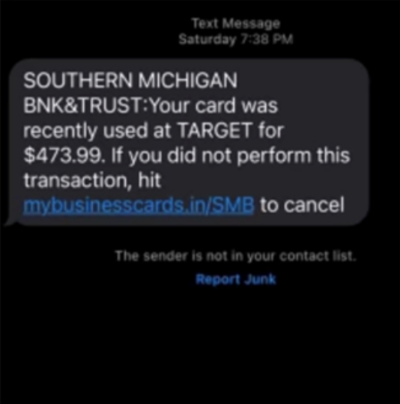Guard Personal Information:
Never share personal details like Social Security numbers, bank account details, or passwords with unknown sources.
Secure Online Accounts:
Use strong, unique passwords for different accounts and enable two-factor authentication.
Secure Password Tips:
1. Use a long passphrase
-
-
- For example, you can use a passphrase such as a news headline or even the title of the last book you read. Then add in some punctuation, number and capitalization.
-
.png)
Monitor Financial Statements:
Regularly check bank and credit card statements for any unauthorized transactions.
Verify Requests:
Confirm the legitimacy of requests for money or information, especially if they seem urgent or unusual.
Beware of Phishing:
Be cautious of emails, texts, or phone calls requesting personal information or urging immediate action.


If you think you are a victim of fraud, please report it immediately. For more information, visit ID Theft and Fraud Reporting.


